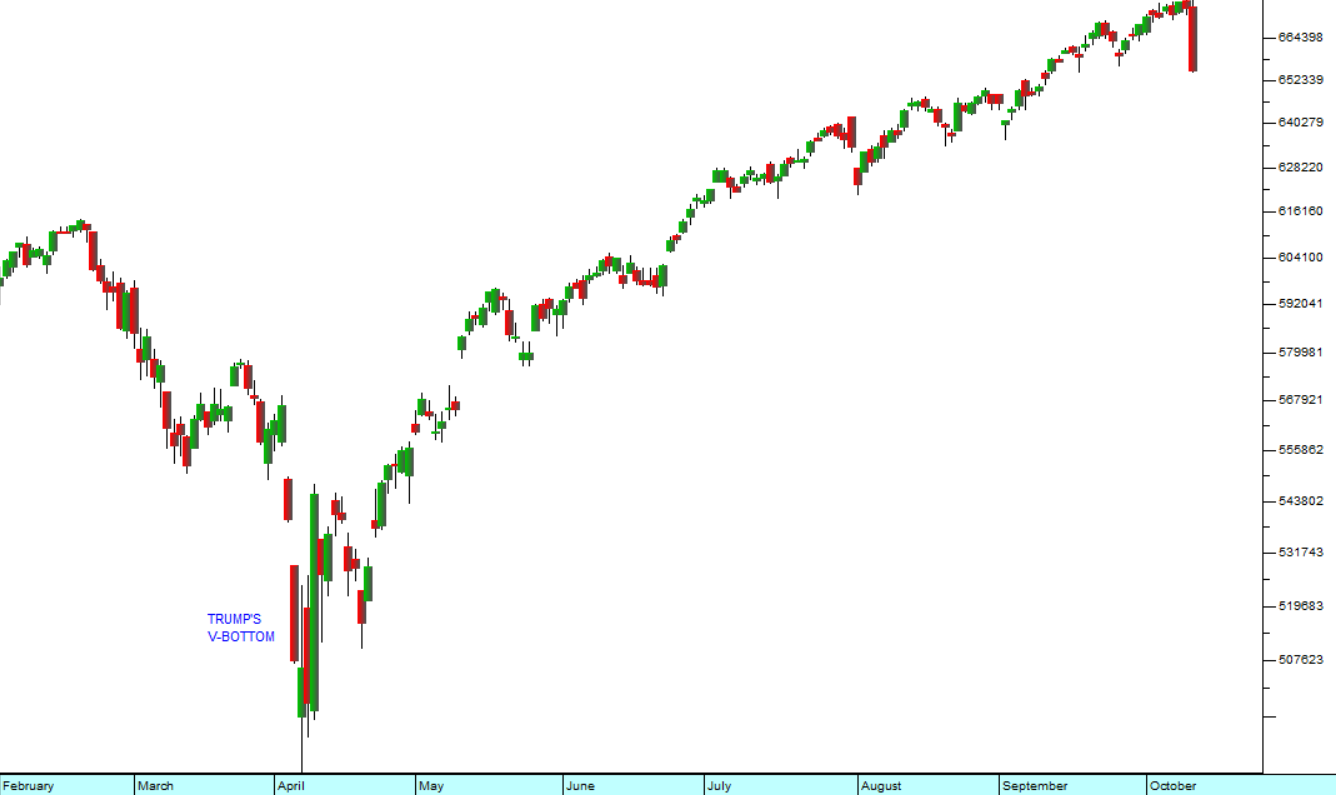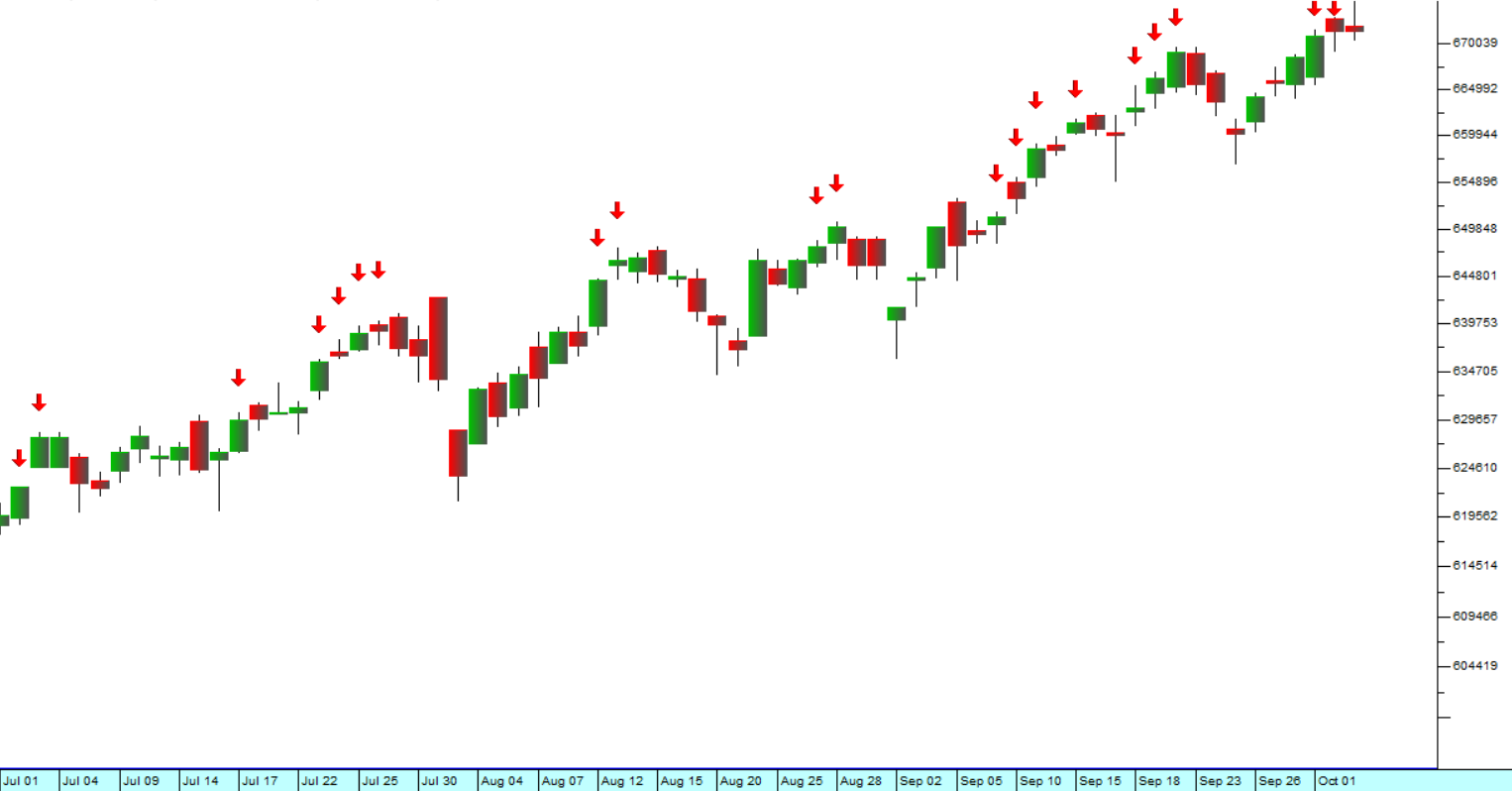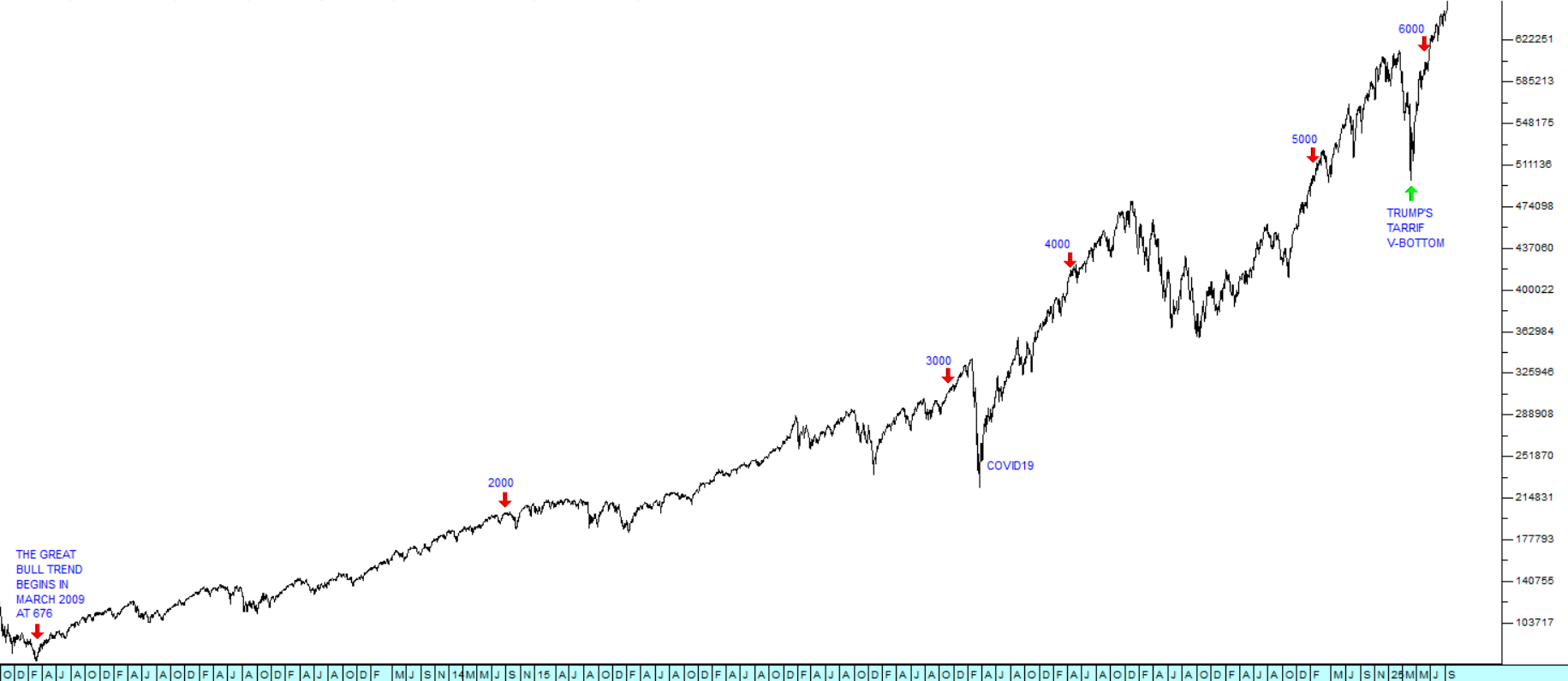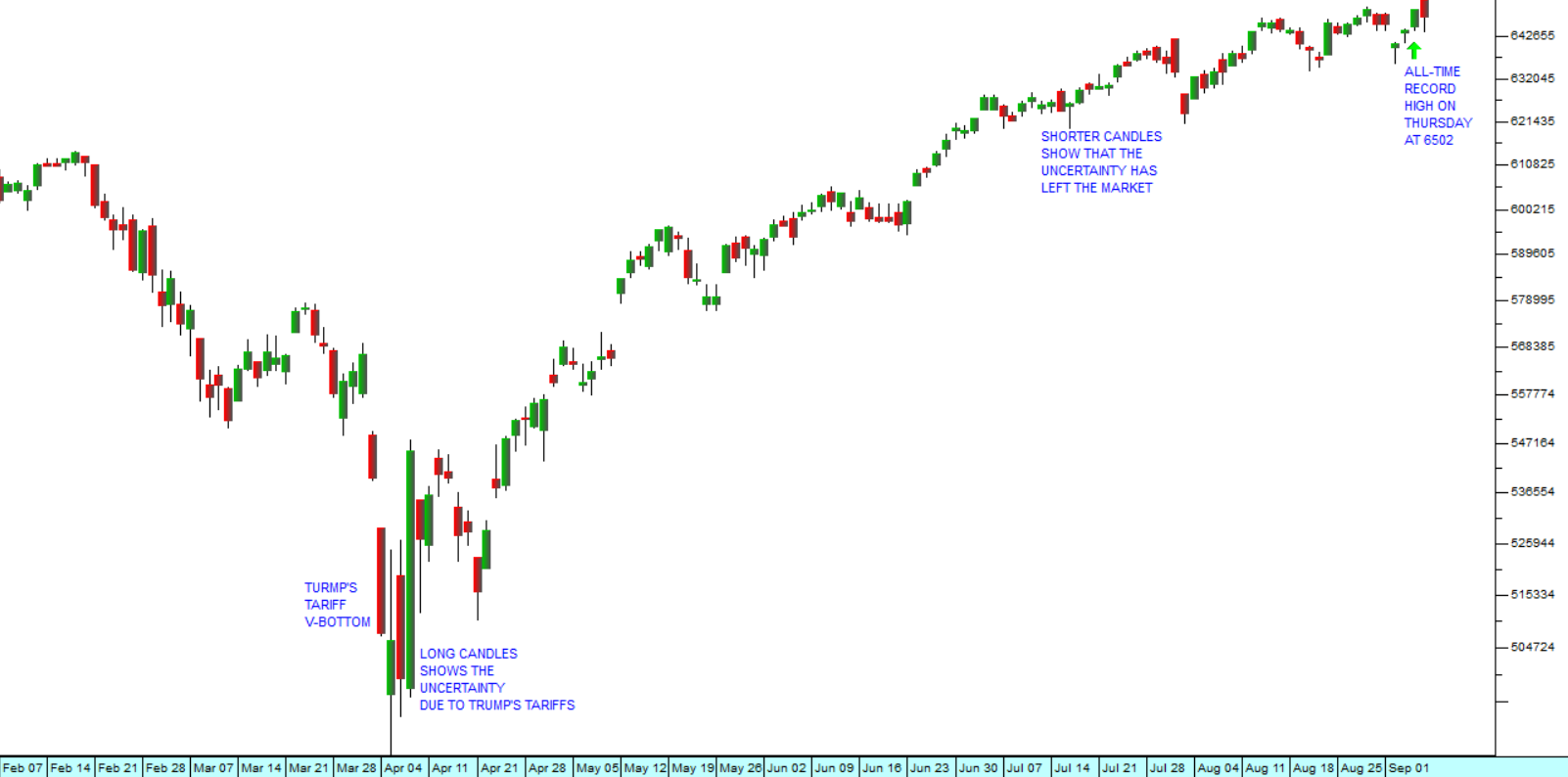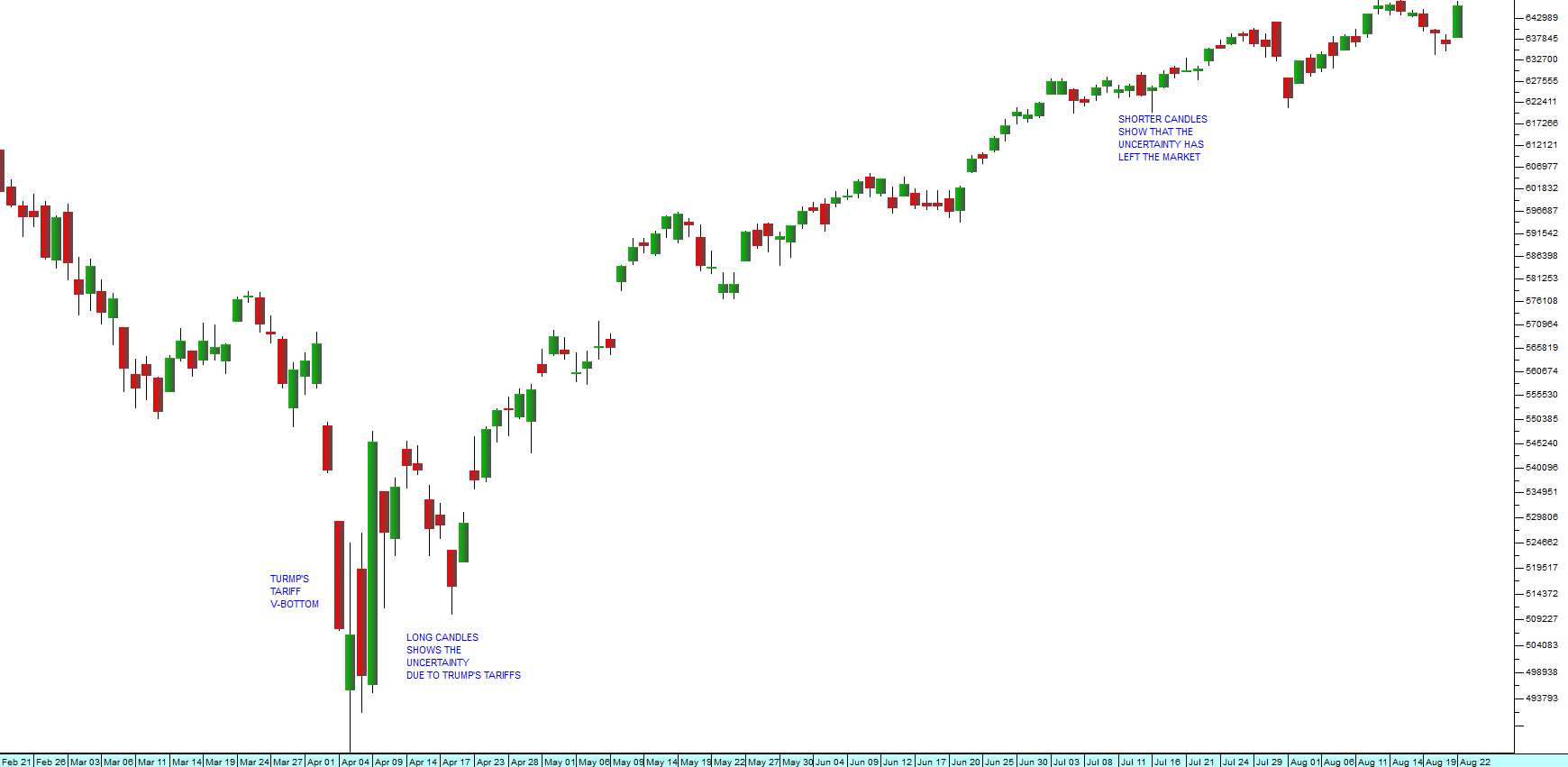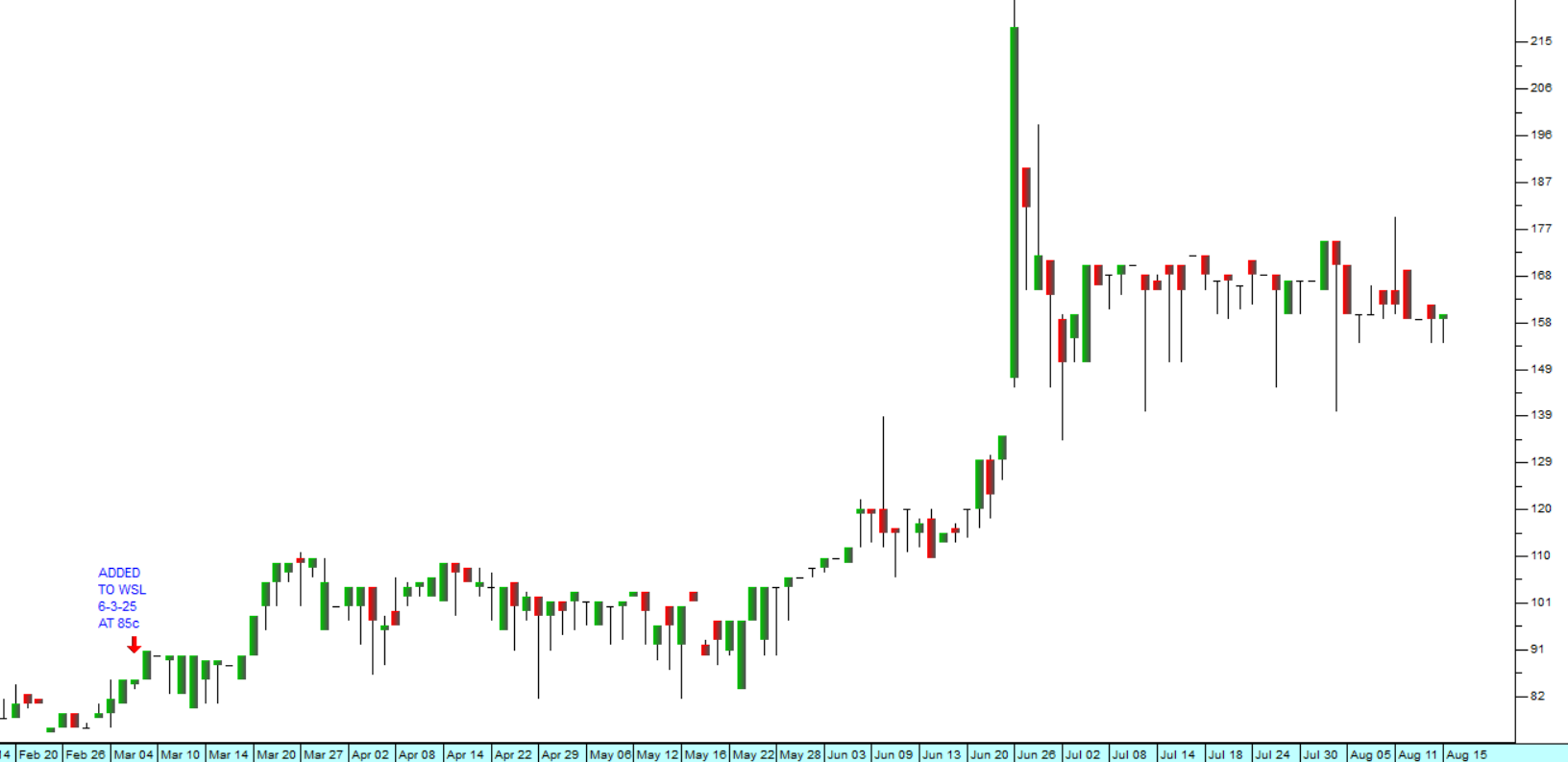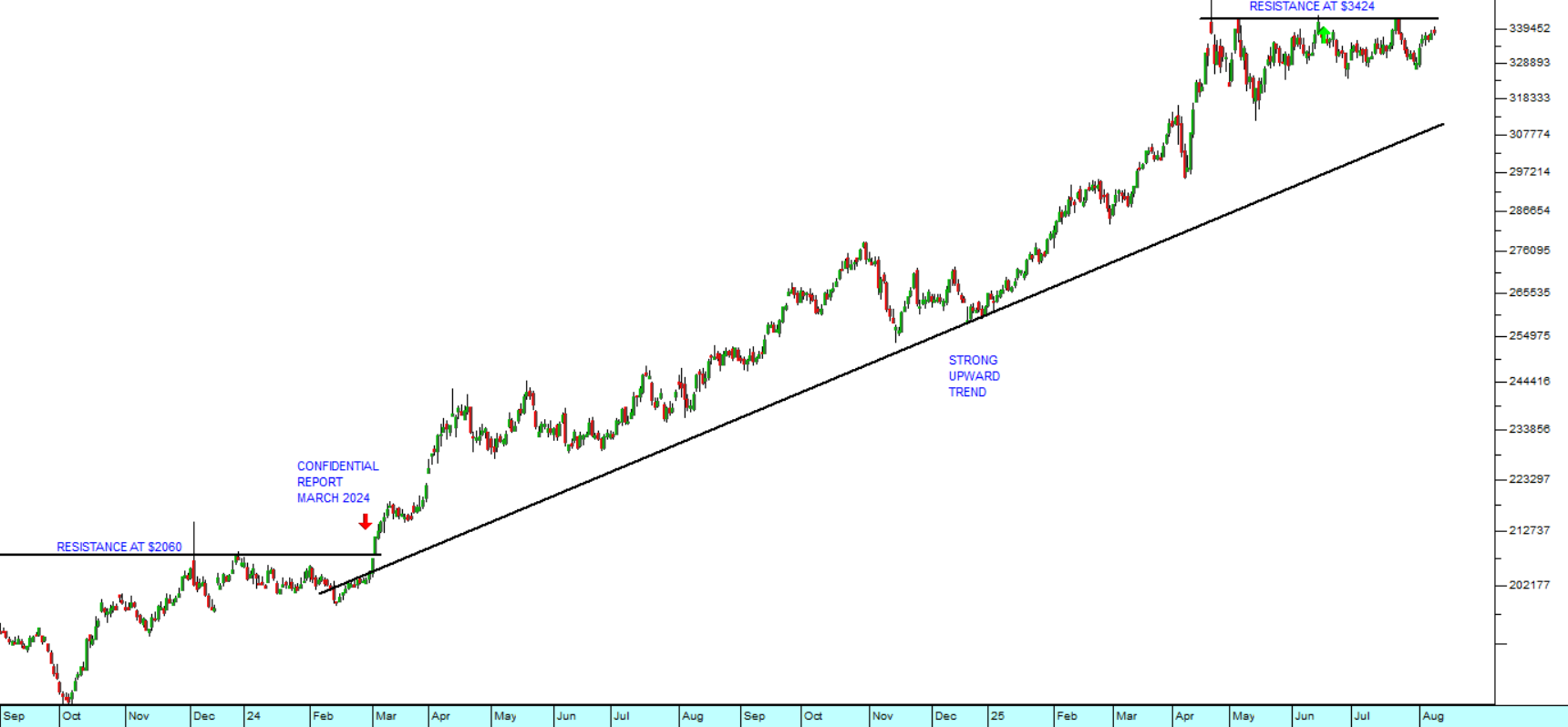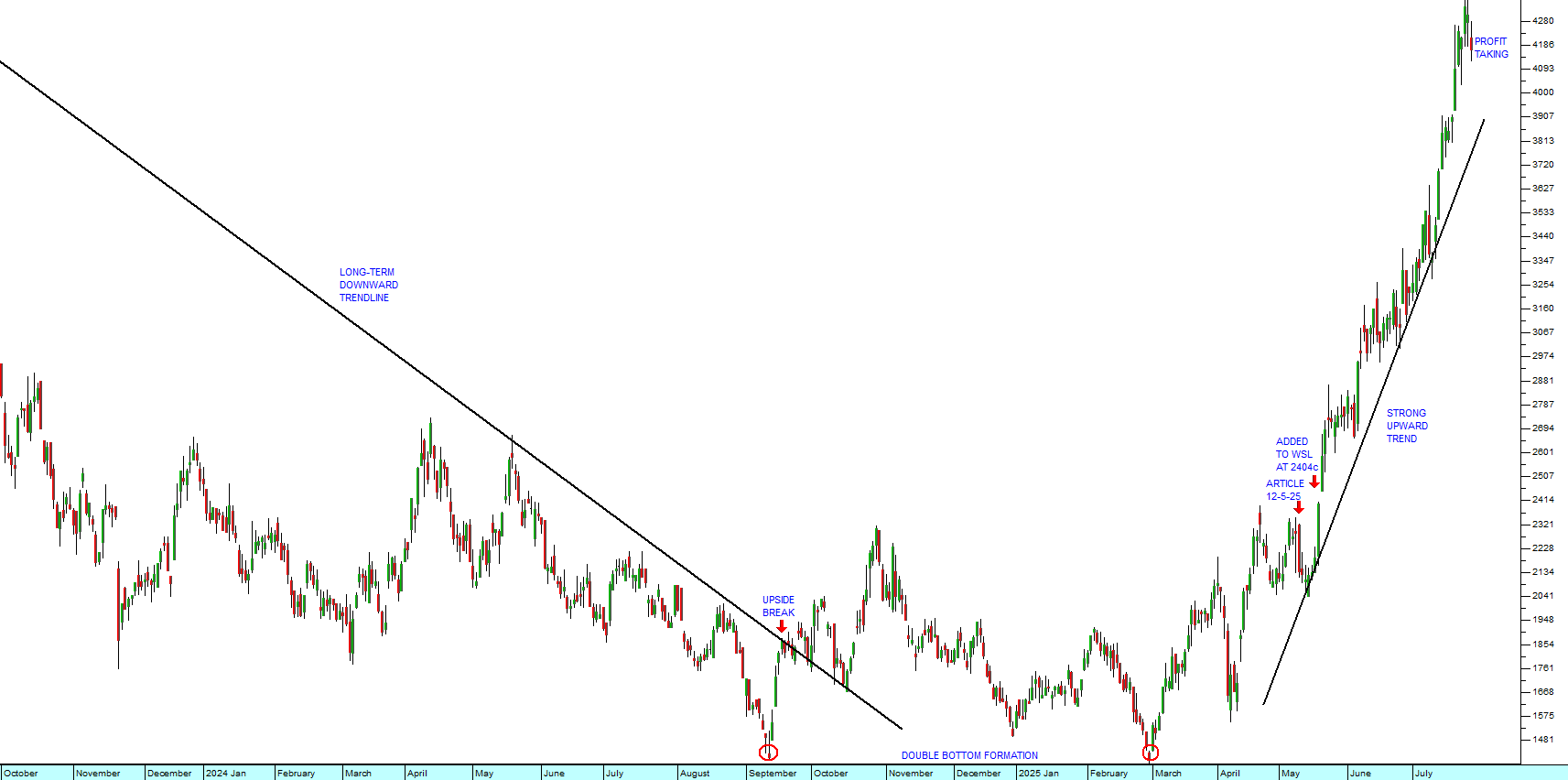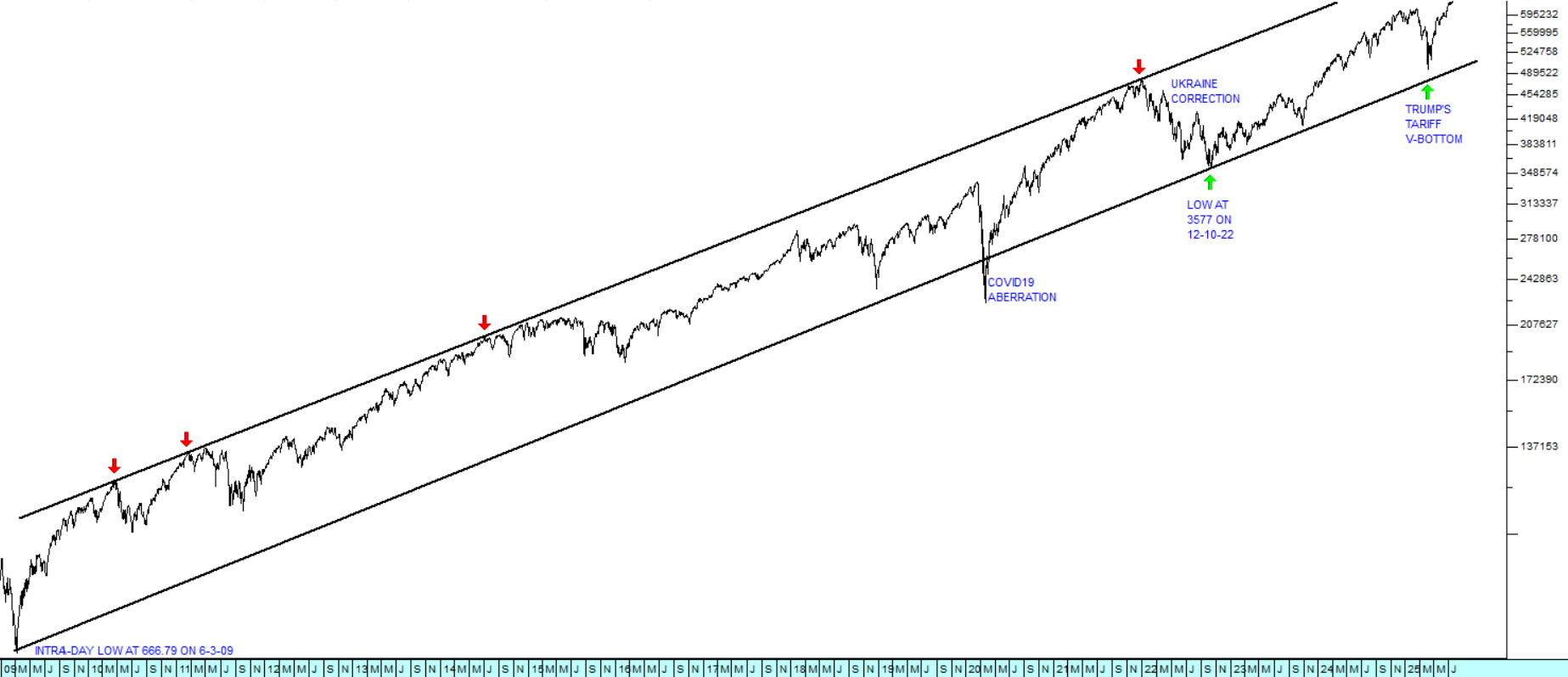Bond Collapse
9 October 2023 By PDSNETThe bond market moves inversely to the level of interest rates. When rates go up, the value of bonds falls and vice versa.
A bond is a debt instrument, literally an “I.O.U” whereby money borrowed for a fixed period of time pays a fixed rate of interest (known as its “coupon”). Thus, for example, a bond might have a face value of R1 million and an interest rate (or coupon) of 10% per annum.
If interest rates go up to 10,5%, then the value of this bond will fall – because it pays 0.5% below what is currently available in the market. In fact, its price in the market will fall until its effective rate (known as its “yield”) is the same as what is currently available. Thus, the value of the bond (with a face value of R1 million) in the market will fall to be worth about R952380 – because its fixed 10% coupon (which gives the holder R100 000 per annum) is 10,5% of R952380.
The opposite is also true. If interest rates go below 10%, then obviously a bond with a 10% coupon becomes more valuable and its price in the market will rise until its effective interest rate is equivalent to what is available from other bonds in the market.
South African private investors traditionally stay out of the bond market for a variety of reasons:
- The minimum unit of investment is R1 million, which is more than most investors have. This means that such investment as there is takes place through unit trusts or exchange traded funds.
- The corporate bond market in this country is relatively undeveloped and not easily accessible to private investors.
- Private investors struggle to understand the inverse relationship between bonds and interest rates.
In America, investing in bonds is readily seen as an alternative to investing in shares and private investors are heavily involved, switching from one asset type to the other and back again as market conditions change.
Obviously, the effective yield on any bond is a function of the perceived stability of the entity that sells them and its ability to repay the money borrowed. Government bonds are the most secure, but corporate bonds are only as secure as the company that issues them.
Similarly, the government bonds of emerging economies (like South Africa) are perceived as being far less secure than those of first world countries like America or the UK.
The less secure a bond is perceived to be, the higher the effective yield required to persuade investors to buy it. High levels of risk require a high effective return.
The yields in the bond market are also a function of supply and demand. Substantial increases in supply tend to cause the price to fall.
Right now, the South African government is preparing to present its mid-term budget policy statement (MTBPS) on 1st November 2023. It is clear that tax collections have fallen about 20% below what was predicted in the February budget, while expenses have increased because of the 7% increase in civil servants’ pay levels and other items.
This has meant that the government has substantially increased the quantity of bonds that it has been selling in the bond market to raise money to cover the shortfall. This has led to an oversupply of bonds in the market and a sharp increase in the effective yield demanded by the remaining investors who are still willing to buy them.
The timing of this is unfortunate because the ruling party would ideally like to engage in a variety of expensive populist programs to increase its support ahead of next year’s election – such as increasing the social relief of distress grant which currently stands at R350 a month and is being paid to about 8,5 million destitute people (read potential voters).
The falling bond market is not restricted to South Africa. Bond markets worldwide have been falling as interest rates rise. Once the level of interest rates begins to fall, the pressure on the bond market will ease – but that is not expected to happen much before the end of next year.
DISCLAIMER
All information and data contained within the PDSnet Articles is for informational purposes only. PDSnet makes no representations as to the accuracy, completeness, suitability, or validity, of any information, and shall not be liable for any errors, omissions, or any losses, injuries, or damages arising from its display or use. Information in the PDSnet Articles are based on the author’s opinion and experience and should not be considered professional financial investment advice. The ideas and strategies should never be used without first assessing your own personal and financial situation, or without consulting a financial professional. Thoughts and opinions will also change from time to time as more information is accumulated. PDSnet reserves the right to delete any comment or opinion for any reason.
Share this article:
